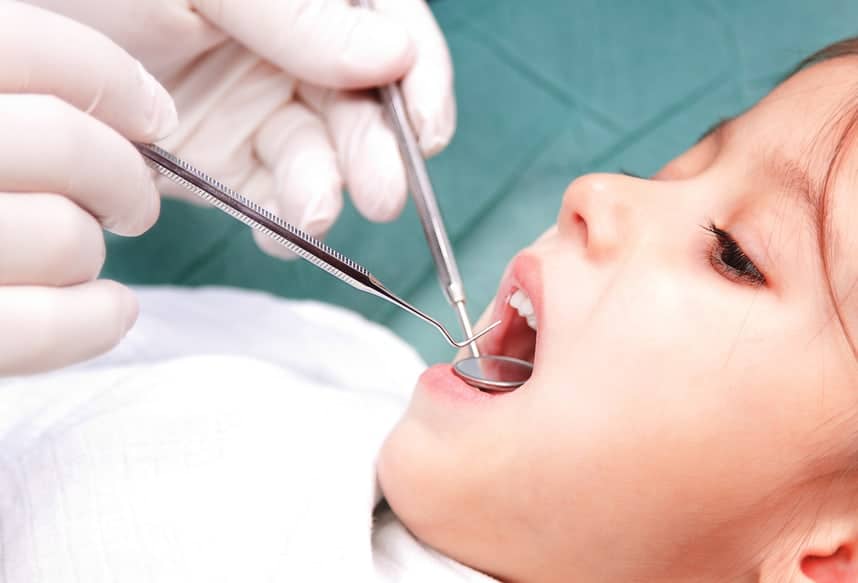 The Texas Health and Human Services Commission just released a report last week authored by the Institute for Child Health Policy at the University of Florida. The report evaluates the health care experiences and satisfaction of the caregivers of children and adolescents under foster care in this state’s STAR Medicaid program between December 2011 and May 2012.
The Texas Health and Human Services Commission just released a report last week authored by the Institute for Child Health Policy at the University of Florida. The report evaluates the health care experiences and satisfaction of the caregivers of children and adolescents under foster care in this state’s STAR Medicaid program between December 2011 and May 2012.
Dentists rated 8.8 out of 10 for satisfaction
Under the section on dental care, caregivers gave Medicaid dentists an average of 8.8 out of 10 in how satisfied they were with their child’s dental experiences.
The report states:
Nine out of ten STAR Health members received dental care in the last six months (89 percent). Of members who received such care, a third went to the dentist on multiple occasions (33 percent). When asked to rate their child’s dental care in the last six months on a scale of 0 to 10, 72 percent of caregivers gave a rating of 9 or 10. The mean dental rating was 8.8 (SD = 2.05).
This is great news for Texas Medicaid dentists!
Characteristics of the children in the program.
- The average age was 7 years old.
- 49 percent were female, and 51 percent were male.
- Hispanic members were the most common racial/ethnic group (41 percent), followed by White, non-Hispanic members (28 percent), and Black, nonHispanic members (27 percent).
- 36 percent lived in a single-parent household.
- 48 percent were classified as having special healthcare needs (CSHCN).
Profile of surveyed caregivers:
- The average age was 48 years old.
- 87 percent were female, and 13 percent were male.
- White, non-Hispanic caregivers were the most common racial/ethnic group (41 percent), followed by Hispanic caregivers (29 percent), and Black, nonHispanic caregivers (27 percent)
- 81 percent of caregivers had a high school diploma.
- 59 percent of caregivers were married.
Positive findings overall for health care providers
Considering all health care provided under Star, the following were the positive findings:
- Member Ratings. A majority of caregivers provided high ratings of their child’s health care, doctors, and health plan, indicated by a rating of 9 or 10 on a 10-point scale. These ratings were comparable to those published from Medicaid national data.
- Getting Care Quickly. Ninety percent of caregivers usually or always had positive experiences with Getting Care Quickly, which is higher than the Medicaid national average of 87 percent.
- Good Access to Urgent Care. A vast majority of caregivers reported that their child usually or always received care for an illness, injury, or condition as soon as they thought their child needed care (96 percent). This percentage exceeds the HHSC Dashboard standard of 88 percent.
- Good Access to Routine Care. Eighty-four percent of caregivers reported that they usually or always were able to make a routine appointment as soon as they thought their child needed care. This percentage is greater than the HHSC Dashboard standard of 76 percent.

